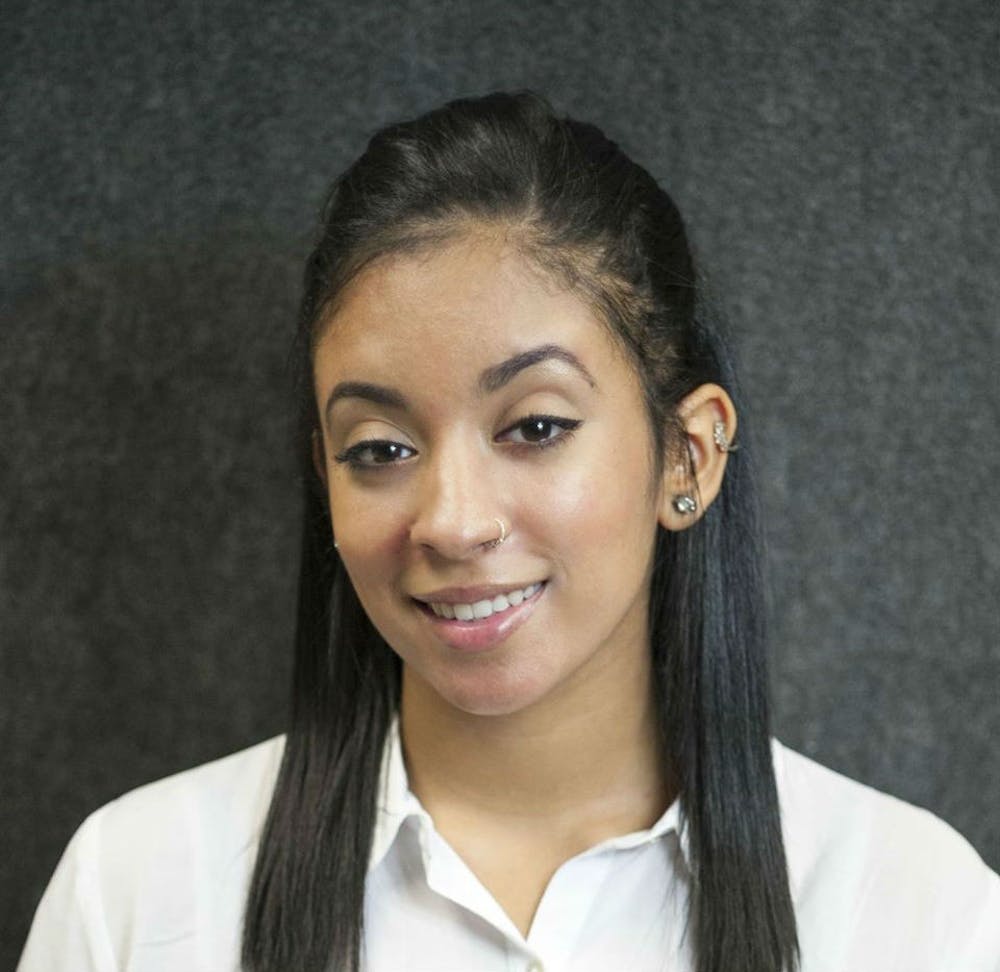For the first time in my life, I am ashamed to be an American.
Yesterday, I spoke to an international student, a colleague on this campus, whose voice was shaking because he didn’t know if he would be allowed to finish his UB studies. He didn’t want to give me his name for fear he or his family would be found and punished.
“I’m afraid. I’m sorry but I can’t speak for your story. Please don’t call again, I refuse,” he said and then hung up.
I had given my phone number out to a dozen students who may know someone willing to share their story. This student called me and before I could ask any questions, he hung up. I wanted to do what I believe journalists do best in times of crisis: inform the public and give a voice to the voiceless. I wanted him to tell me his story, his thoughts, his fears. I wanted to highlight the local impact of Friday’s Executive Order banning “all foreign nationals” from the mostly-Muslim countries of Iran, Iraq, Somalia, Libya, Sudan, Syria and Yemen. I wanted students to understand that this news story was not happening to others – it was happening to us, here, on our campus.
UB has told us that more than 140 UB students and faculty are from these seven countries and some were caught in the travel ban and couldn’t get back after winter break, despite having valid visas. All but one are now in the U.S.
None of the Iranian students I reached would talk to me. No one would help connect me with the one student still shut out of the country.
I understand. We live in a time of fear. Anonymity is safe.
And no one trusts the media.
It’s discouraging for someone like me, who wants to be a journalist and who believes in the value of a free press. If we can’t tell your stories, how will people know them?
We live in fear and yet I can’t remember a time when courage was more needed.
The students affected by the ban won’t talk and many on this campus are afraid to act.
Maybe if more of us protested, held signs of solidarity and of welcome, these students would be less frightened to tell us about themselves and their lives. I believe in the power of the media to tell people’s stories and to unite a community. How can we do that if no one trusts us and our community enough to share?
Students on dozens of campuses across the country – from Harvard to Rutgers to Virginia Tech to UMass Amherst marched, protested and rallied. Northwestern students rushed to the Chicago airport to hold signs and march. Hundreds of Google employees took the day off to protest. Taxi drivers did too.
I’m proud to say our university, along with 61 other Association of American Universities (AAU) schools, released a statement Saturday urging government officials to end the travel ban “as quickly as possible.”
But what about us students? Where is our outrage? Where is our courage?
For us, Monday was just another regular first day of classes.
What will push us to stand up and fight? I know these protests are being organized. I know they will happen soon. But how many students will actually get involved?
As editor in chief, I ask all of our readers to ask themselves this question: What will move you to action? Abortion rights being threatened? Defunding Planned Parenthood? The end of the Affordable Care Act? Racism?
We have more than 5,000 international students among us. One student still isn’t with us.
Yet, we are silent.
I am a minority woman. I know I’ll face discrimination and unequal treatment at some point in my career.
I want to believe I’ll find support among my peers. I want to believe people will march and protest and rage if I face injustice.
I’ve always believed I would. This week has left me doubting.
Gabriela Julia is the editor in chief and can be reached at gabriela.julia@ubspectrum.com




